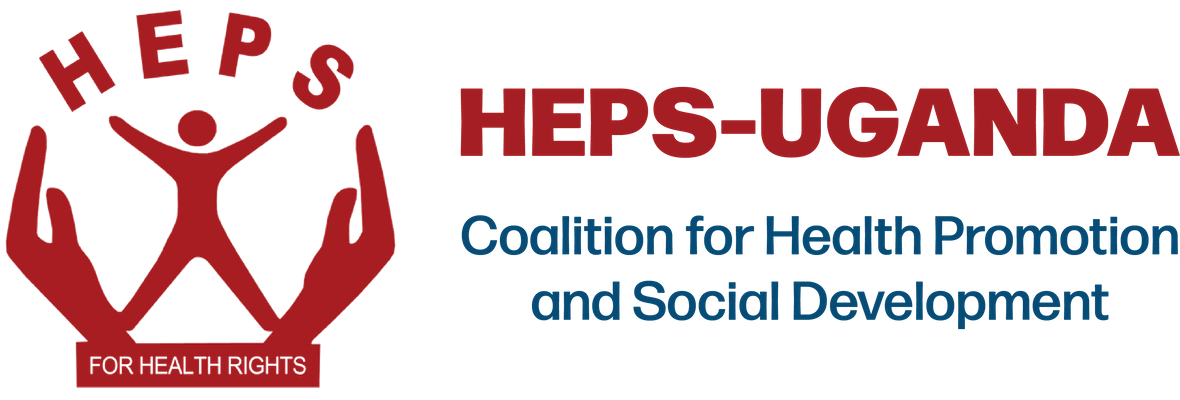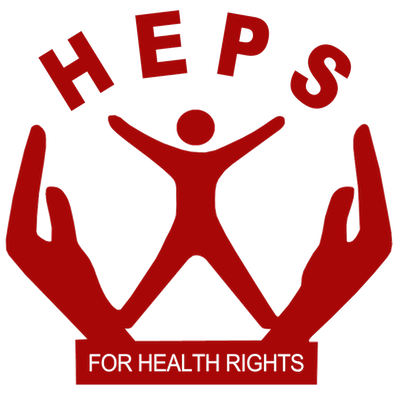Commentary: After 40 years of AIDS, why do we still not have an HIV vaccine?
In April 1984, after it was announced that researchers had discovered HIV, the virus that causes AIDS, then US Secretary of Health and Human Services Margaret Heckler made a bold prediction – that a vaccine would be available “in about two years”.
African Leadership and Global Health Advocacy: A Journey of growth, change, sustainability and success for the COMPASS Coalition
https://avac.org/resource/african-leadership-and-global-health-advocacy/
Uganda develops anti-tick vaccines to boost the dairy, and beef industry
According to ScienceDirect, a database of research and scientific topics, Ugandan farmers lose more than 1.1 billion U.S. dollars in aggregated annual direct and indirect loss due to the rising spread of tick-borne animal challenges, with the commonest and economically damaging tick-borne disease being the East Coast Fever.
https://www.independent.co.ug/uganda-develops-anti-tick-vaccines-to-boost-dairy-beef-industry/
WHO launches CoViNet: a global network for coronaviruses
WHO has launched a new network for coronaviruses, CoViNet, to facilitate and coordinate global expertise and capacities for early and accurate detection, monitoring and assessment of SARS-CoV-2, MERS-CoV, and novel coronaviruses of public health importance.
https://www.who.int/news/item/27-03-2024-who-launches-covinet–a-global-network-for-coronaviruses
The pioneer of America’s embattled global HIV program recalls the hope after years of despair
Nkengasong has spent decades working in Africa on HIV and AIDS, a career intertwined with the U.S. program that since its introduction 20 years ago has transformed care in some of the hardest-hit countries and saved an estimated 25 million lives.
WHO Member States agree to resume negotiations aimed at finalizing the world’s first pandemic agreement
“Our Member States are fully aware of how important the pandemic agreement is for protecting future generations from the suffering we endured through the COVID-19 pandemic,” said WHO Director-General Dr Tedros Adhanom Ghebreyesus.
A beacon of hope for arthritis patients in Uganda
Over ten years ago, there was only one specialist at Mulago National Referral Hospital to treat patients with musculoskeletal conditions.
https://www.independent.co.ug/a-beacon-of-hope-for-arthritis-patients-in-uganda/
WHO calls for greater attention to violence against women with disabilities and older women
The health agency is calling for better research across countries that will help ensure these women are counted, and that their specific needs are understood and addressed.
MOH faces malaria funding crisis as international donors withdraw support
The cost of malaria control in public health has been 95 percent donor-dependent. The funding has been allocated to mosquito nets for prevention, residual indoor spraying, test kits for malaria, and first and second-line malaria treatment in both the private and public sectors, which the donors have been subsidizing.
Uganda Addresses post-TB lung disease burden
Uganda is among the 22 countries with the highest TB burden, with an estimated incidence of 200 cases per 100,000.
https://www.independent.co.ug/uganda-addresses-post-tb-lung-disease-burden/
How mothers are left to die at night, on weekends, and on holidays in referral hospitals
Seven out of 10 women who die from maternal health complications do so at night, on weekends, or on public holidays, a new report has found, raising questions about the care provided when hospitals typically work half shifts.







